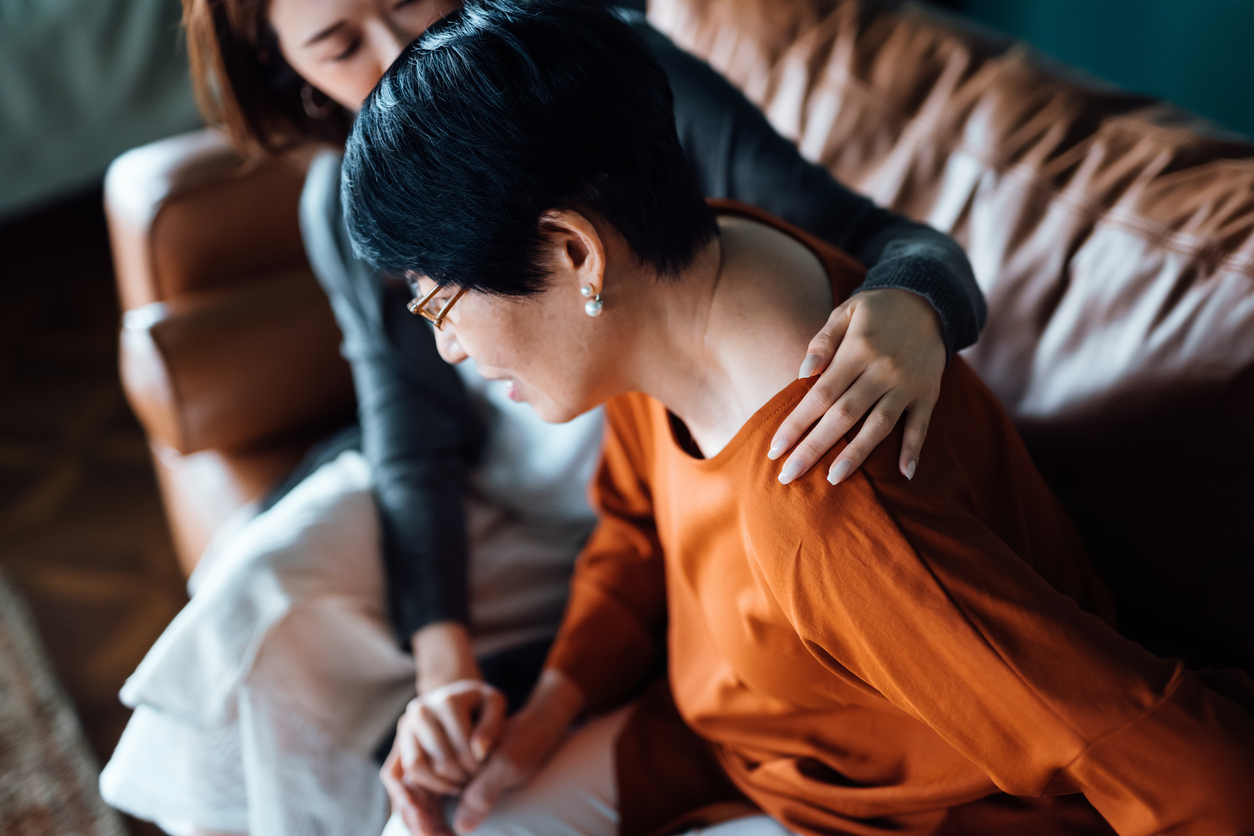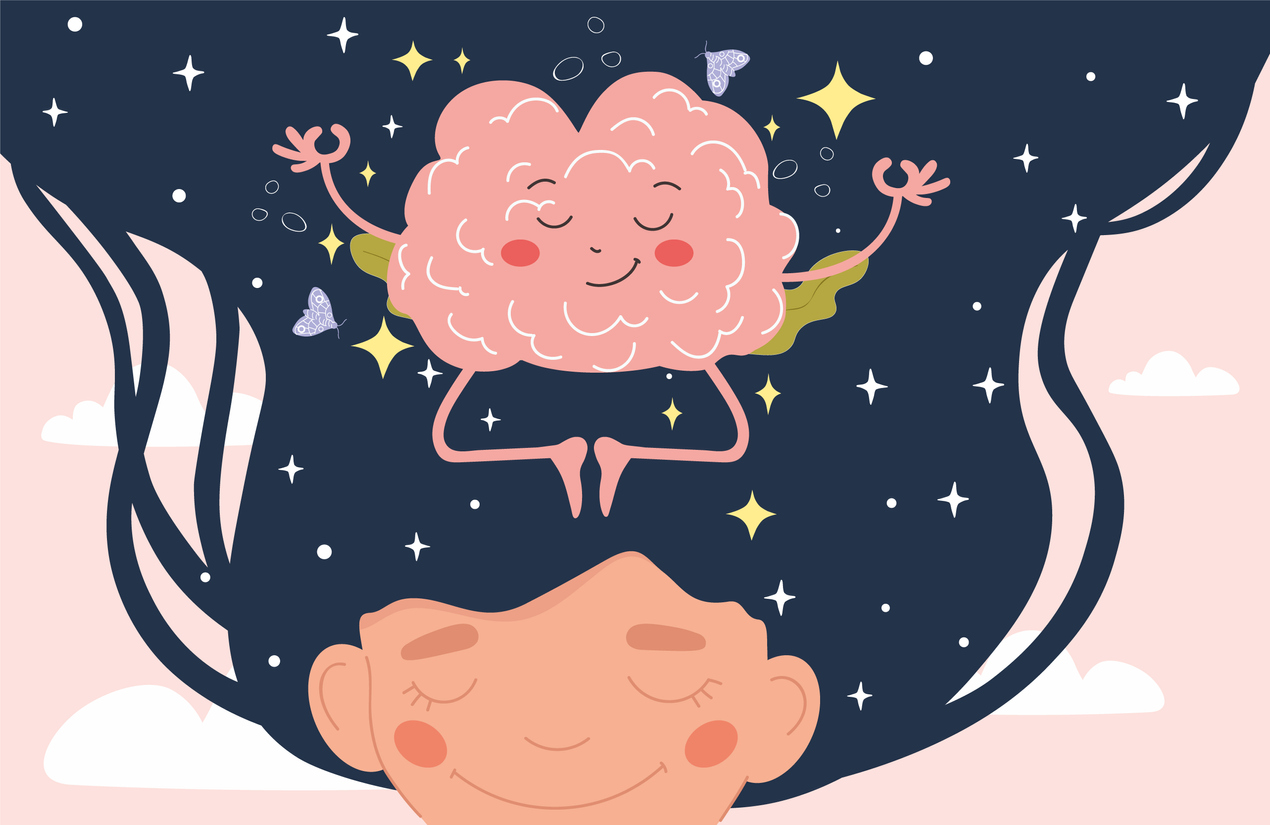Living with Chronic Pain
Supporting a Loved One With Anxiety and Chronic Pain

1 person found this helpful
Print
Share
Save
Mental health challenges often accompany the physical symptoms of chronic pain. Anxiety is one of the most common mental health challenges associated with chronic pain. It leads to more frequent or severe chronic pain, and increased chronic pain levels tend to worsen anxiety.
How to support a loved one dealing with chronic pain and anxiety
Helping someone with anxiety may be intimidating; however, the person enduring anxiety typically feels overwhelmed and embarrassed. Below are five ways to support a loved one with chronic pain who is experiencing anxiety.
- Learn to recognize anxiety. Anxiety includes many physical symptoms, such as nausea, lightheadedness, sweating or coldness, and tense muscles, which can also be experienced with chronic pain. Anxious thoughts, including persistent worry or overgeneralizing, or anxious behaviors, such as avoiding certain situations or constantly seeking reassurance, are indicators that anxiety is present. Other symptoms include shortness of breath, heart palpitation, tight chest, feeling restless, sense of impending doom, etc.
- Stimulate discussion. If the loved one talks about anxiety or exhibits signs of anxiety, thoughtfully asking them about it can provide the opportunity for communication. Listening patiently and considerately, without judging or minimizing their feelings, will encourage them to talk openly and honestly.
- Help them identify and challenge anxious thoughts. For example, if a loved one is experiencing anxiety surrounding a delay in receiving medical test results, remind them that it does not automatically mean something is wrong. Perhaps the lab or physician has a greater workload than normal. If they are experiencing anxiety about a new chronic pain treatment, provide reassurance that a physician would not recommend it if the potential benefits did not outweigh the risks.
- Encourage help from a professional when needed. A loved one with anxiety may have difficulty admitting they require a mental health professional. Helping to research a counselor or therapist with experience treating anxiety and chronic pain, assisting with scheduling an appointment, or offering to drive them or accompany them to the appointment, can ease their anxiety symptoms and provide support.
- Promote refocusing. People with anxiety may be unable to discuss their exact feelings, or not wish to discuss it. Instead of pressuring them, suggest an activity to refocus their mind from worries and fears. Taking a casual walk together, watching a lighthearted movie, or participating in a relaxing activity can reduce anxiety without worsening chronic pain symptoms.
Additional source: Psychology Today
















